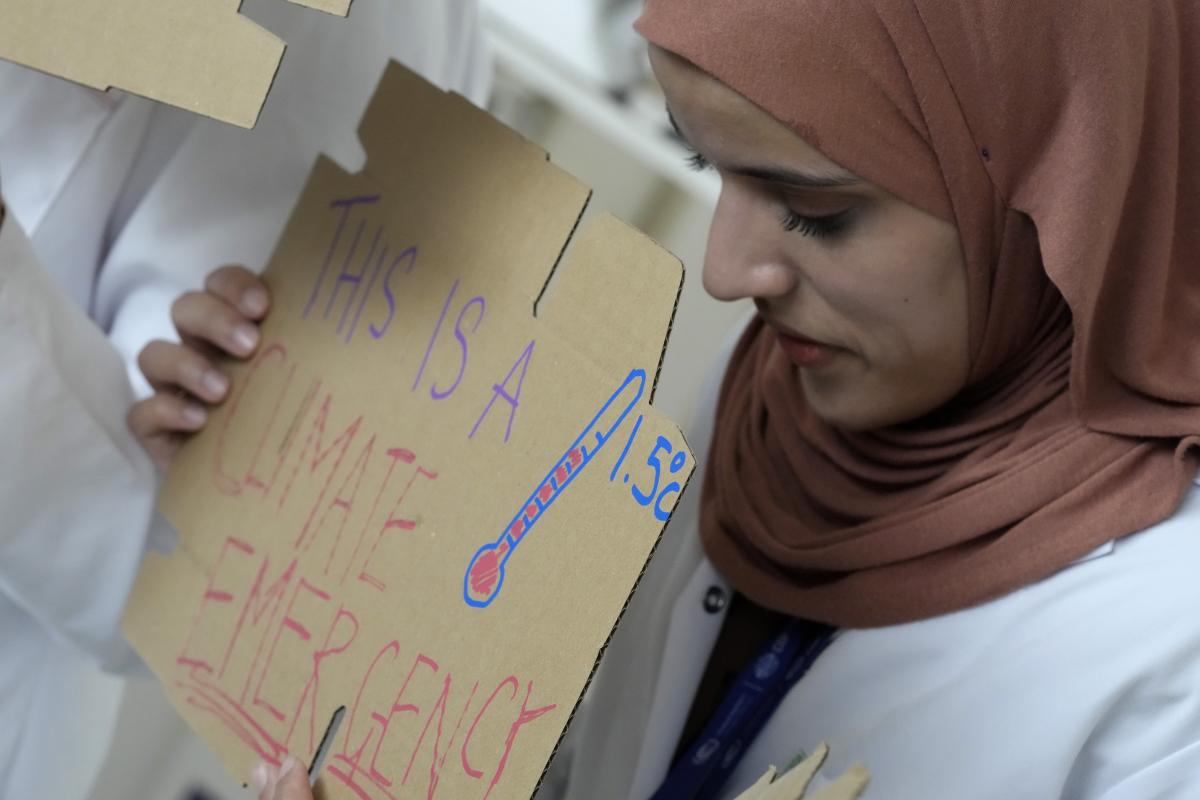With Planet Earth’s temperature on the rise, the U.N. climate talks in Dubai recently honed in on its effects on human health. The COP28 summit in Dubai shifted from two days of impassioned appeals and calls for unity from world leaders to addressing health concerns, including the death of over 7 million people annually due to air pollution and the proliferation of diseases like cholera and malaria, exacerbating due to global warming.
At the conference, World Health Organization Director-General Tedros Adhanom Ghebreyesus highlighted the urgent need for the event to hold its first “Health Day” during its 28th edition. He emphasized that health-related dangers from climate change were instantly threatening.
Additionally, U.N. Secretary-General Antonio Guterres noted that the reductions in methane emissions announced are a step forward. However, the net-zero pledge was criticized for not including fossil fuel consumption emissions, which generate a majority of the industry’s greenhouse gases.
John Kerry, the U.S. climate envoy, emphasized the importance of assessing climate progress through the lives saved rather than merely the degrees of temperature change avoided. Meanwhile, in the U.S., 8.5% of greenhouse gas emissions originate from the healthcare sector, prompting initiatives by the Biden Administration to reduce these emissions.
Multiple other climate and health experts also discussed the direct impact of climate change on public health and the environment. The event in Dubai proved to be a perfect backdrop, with the city’s rapid expansion and industrial growth contributing to increased air pollution and its adverse effects on public health.
Dubai’s government website indicated the Air Quality Index being mostly “good” on Sunday, but other monitoring companies such as IQAir listed the city as having moderate air quality levels, suggesting measures like mask-wearing for sensitive groups and reduced outdoor activities.
The theme of health was prevalent during this year’s conference, highlighting the urgent need for a collective effort to address climate change’s direct and indirect threats to human health.


